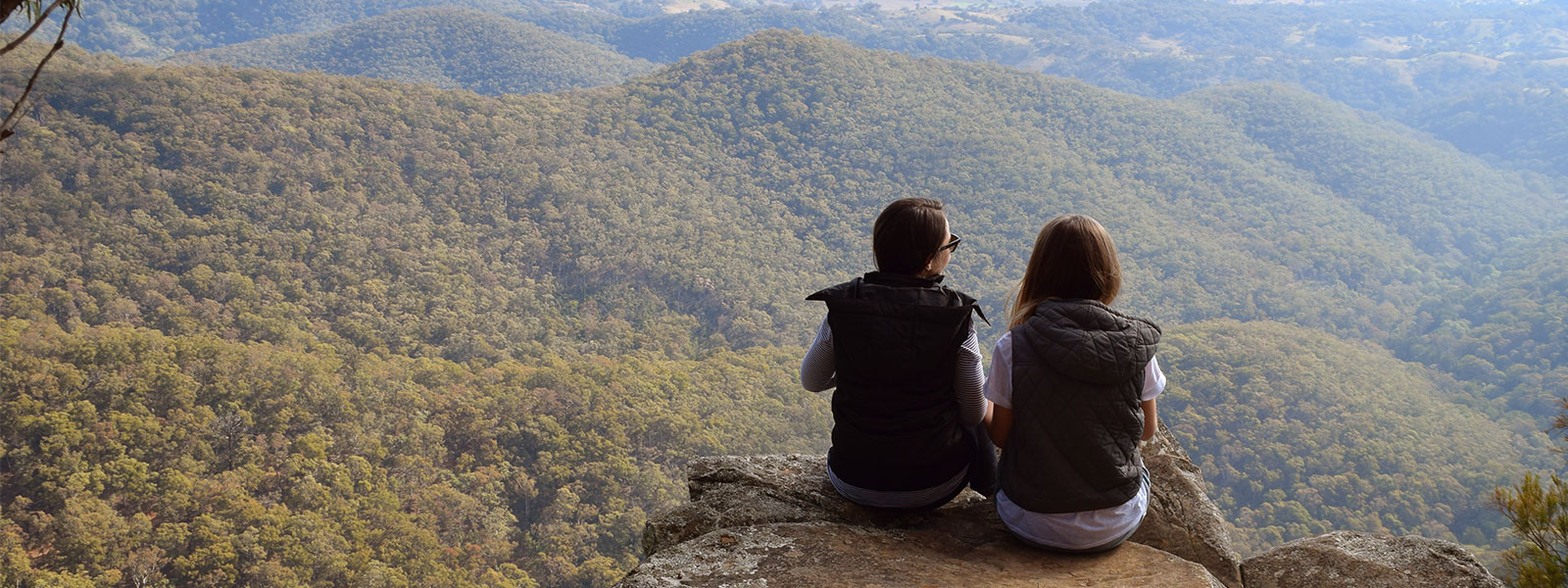
Cultural Training

Overview
Our Cultural Safety Training Program is designed for students undertaking placements through the Department of Rural Health.
Developed in close partnership with local First Nations communities and the University of Newcastle’s Cultural Team, the program is grounded in respectful collaboration to ensure content, delivery, and engagement are culturally safe and meaningful.
Aim
- To provide culturally safe spaces for program delivery
- To enhance participants' knowledge and understanding of First Nations culture, history, health, and connections
- To build students’ skills and confidence in providing culturally safe healthcare within rural communities
Theme
The Embark program draws inspiration from tree bark, symbolising growth, resilience, and connection to Country. The program also features a unique symbol shaped in the Department of Rural Health Footprint, representing the journey of students and the communities they serve.

Key focus areas
E: Experiences & Engagement
M: Mindfulness and Mattering
B: Belonging and Behaviour
A: Acknowledgement and Accountability
R: Respect & Relationships
K: Kinship and Community
These focus areas ensure the training is culturally safe, inclusive, and respectful of all participants.
Program content is thoughtfully localised to each of our footprint sites, drawing on local health, cultural, and community knowledge to provide meaningful and context-specific learning experiences.
Stage 1
Embark
Online training and access to our cultural resource hub.
Stage 2
Engage/Evolve
Face-to-face workshop.
Stage 3
Emerge
On Country experience.

Cultural resource hub: enhancing our collective knowledge and understanding.
The hub was developed to provide an opportunity to learn, connect and understand the diverse cultures that exist within our communities, linking our cultural education and training, resources and information, support and contacts all in the one place.
Get in touch
For further information about our embark program or the cultural resources hub, please reach out to our program staff.
Email: embark@newcastle.edu.au
The University of Newcastle acknowledges the traditional custodians of the lands within our footprint areas: Awabakal, Darkinjung, Biripai, Worimi, Wonnarua, and Eora Nations. We also pay respect to the wisdom of our Elders past and present.